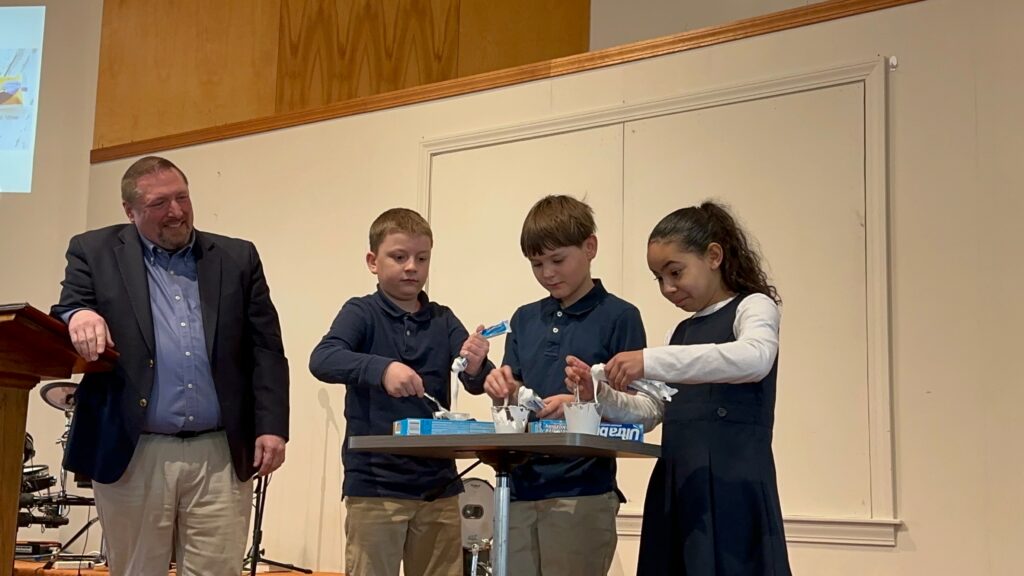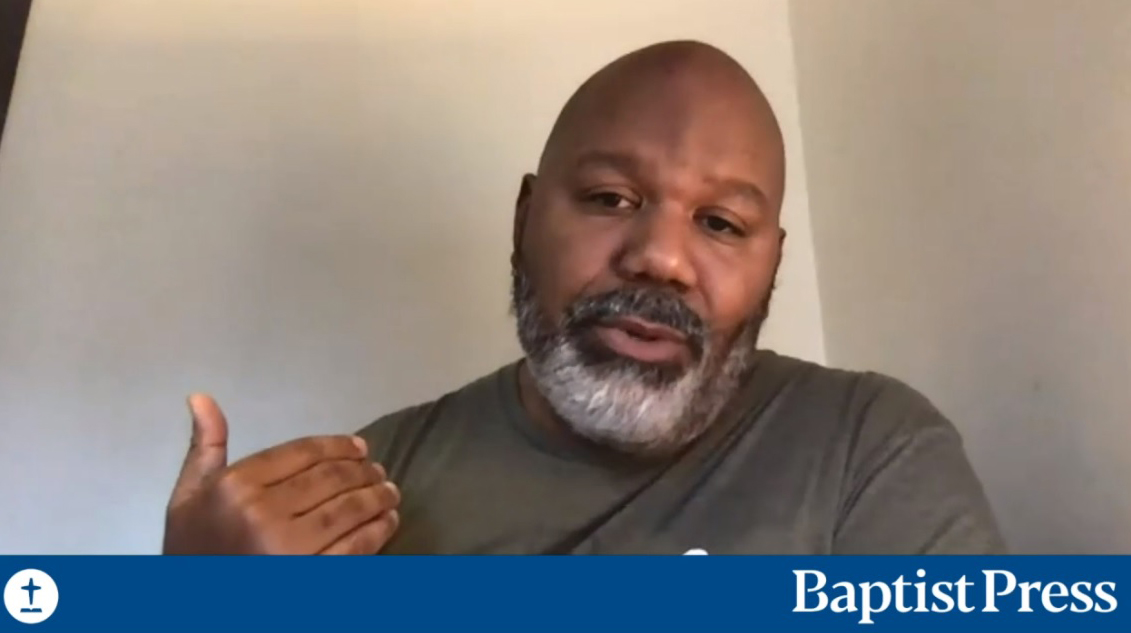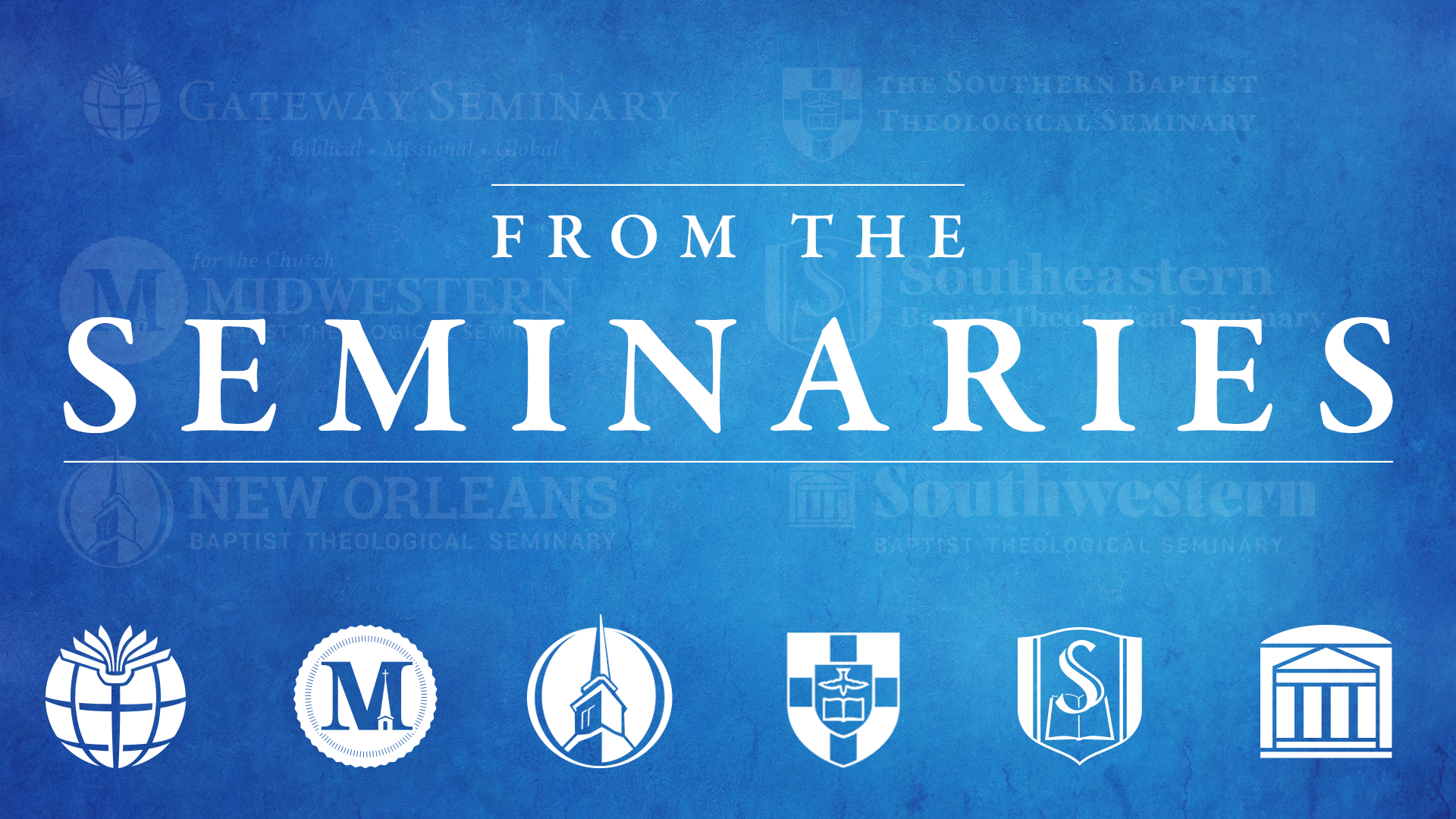
NASHVILLE (BP) – Four years after schools shut down due to fears about COVID-19, with some extending the absence of in-person learning through the 2020-21 academic year, the data is in.
The longer a school kept classrooms closed, the further behind students fell. What’s more, public health and education experts generally accept that the move did little to stop COVID’S spread. Aside from learning loss, schools are also seeing higher levels of anxiety and behavior issues that further stress overworked teachers.
Schools everywhere were affected, but poor children living in areas with extended school shutdowns were hit hardest, studies say.
“We wanted to survive,” Sarah Carpenter, executive director of a parent advocacy group in Memphis, Tenn., told the New York Times. Schools in the area were closed until spring 2021.
“But I also think, man, looking back, I wish our kids could have gone back to school much quicker,” she said.
Forty miles south in Senatobia, Miss., Michelle Billingsly and a friend had co-founded Journey Homeschool Tutoring Program in 2014. Students worked together two to three days a week when not at home. It quickly grew to about 130 students with a waiting list.
The demand for education options made a significant jump in 2020, she told Baptist Press.
“A lot of kids missed their kids having class time during COVID,” Billingsly said. “It became clear to them that things were being taught they didn’t agree with. We experienced an influx in enrollment. Parents were concerned about their children being left behind and lost in the crowd.”
Communities respond
Providence Baptist Church in Greenfield, Mass., with a significant community of Moldovan and Romanian heritage that included numerous homeschool families, saw a need for education options besides the local school system. Providence Christian Academy began last fall as the fulfillment of that vision.
“Our goal is to be a Christian school that brings value not only to education, but citizenship and athletics as well,” said Mike Placinta, PCA chair. With 34 students, kindergarten through fourth grade, 60 are already enrolled for next school year alongside an extension to eighth grade.
Liberal policies in local school systems have pushed interest, Placinta added. Emails from parents poured in following the passage of a new state curriculum framework that includes ways to “demonstrate awareness of” and “show respect for” different family structures such as those with parents of the same gender.
On the surface, showing respect for others can’t be considered a bad thing. However, a meeting of the Greenfield School Committee last summer could hardly have made PCA supporters feel welcome.
Placinta, representing PCA, arrived at the meeting having filed all the required paperwork for the school to begin in the 2023-24 academic year. However, committee members instead spent nearly 45 minutes seemingly more focused on discussing ways to reject the school’s application.
A key point of concern was the school’s plan to use the Abeka curriculum. Despite the superintendent’s explanation that a school could not be rejected because of its sincerely-held religious beliefs and that Abeka had already been in use by homeschool families throughout the area, the committee tabled the vote on PCA’s application. PCA was eventually given approval during executive session of a July 31 Zoom meeting by the committee.
Bob Krueger, pastor of Websterville (Vt.) Baptist Church said Websterville Christian Academy hasn’t experienced such pushback. Much, if not all, of that could be attributed to the school’s 40-year record as being a solid part of the community.
With a K-12 enrollment of about 190, student-to-teacher ratio is a strong factor in parents choosing WCA, Krueger said.
“We put a lot of emphasis on quality and our code of conduct. Being disrespectful and bullying are not tolerated, and we also have a high level of security.”
Ways to pay teachers more are always being sought, he said, but some choose to be there for the reasons listed above.
“They look at their roll as being a mission,” Krueger said. “We have a couple of teachers with doctoral degrees, but they believe God has called them to this, to make a difference.”
Demand grows
Homeschooling as well as Christian schools have experienced tremendous increases nationwide. Even one recent study by the Cato Institute, a libertarian think tank, that hinted the boom may be ending added a caveat that figures could be affected because enrollment applications were exceeding available space.
When Billingsly and her husband moved to Sturgis, S.D., in May 2022, they joined the work of Connection Church. Pastor Matt Price asked her to start a Journey Homeschool campus. A third campus is set to open next fall and meet at Mercy Gate Church in Box Elder, which was planted out of Connection Church.
She has watched the success of the in-person and at-home hybrid.
“The good thing about kids being at home during COVID was that more people realized it was possible for kids to learn at home,” Billingsly said. “A lot of parents like for their kids to be at home, to spend time with them. It’s valuable, precious time you don’t get forever.”
Terry Dorsett, Baptist Churches of New England executive director, taught at Websterville Christian Academy in the mid-90s when his kids attended. His daughter, the current New England WMU president, homeschools her children alongside her husband, a BCNE pastor. Dorsett has also been a vocal supporter and guest speaker for PCA.
“Ultimately, parents are the ones who are responsible for their children’s education,” he told Baptist Press. “They should be free to choose public, private or homeschooling options for their children depending on the unique needs of the individual child. The state should not interfere with the parents’ choice for how to educate their child, because parents know best what their own child needs.
“As our culture continues to drift toward an anti-Christian position, we should all be thankful for churches like Providence Baptist Church, who stood up for the rights of parents to educate their children in ways that honored long-held Christian values. The Baptist Foundation of New England was pleased to provide a grant to help them finish a state-of-the-art computer lab so that the children enrolled in PCA could have excellent educational opportunities as well as excellent Christian values.”
Though obviously not something that can be attributed to every public school, reports are becoming more common on how tough it is to be a teacher. School absences have been exploding everywhere, with students themselves pointing to school shutdowns as the main culprit.
That has led many to search elsewhere.
“People are looking for an alternative, and we are that alternative,” Placinta said.























